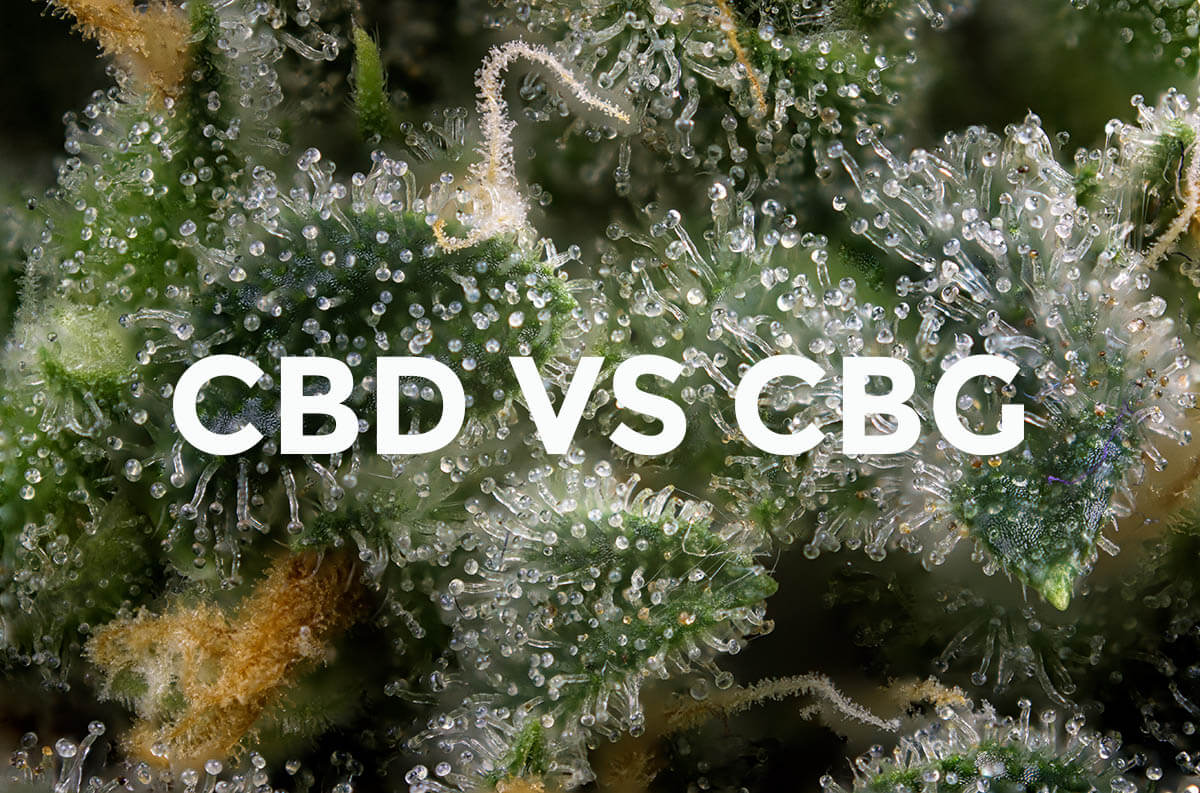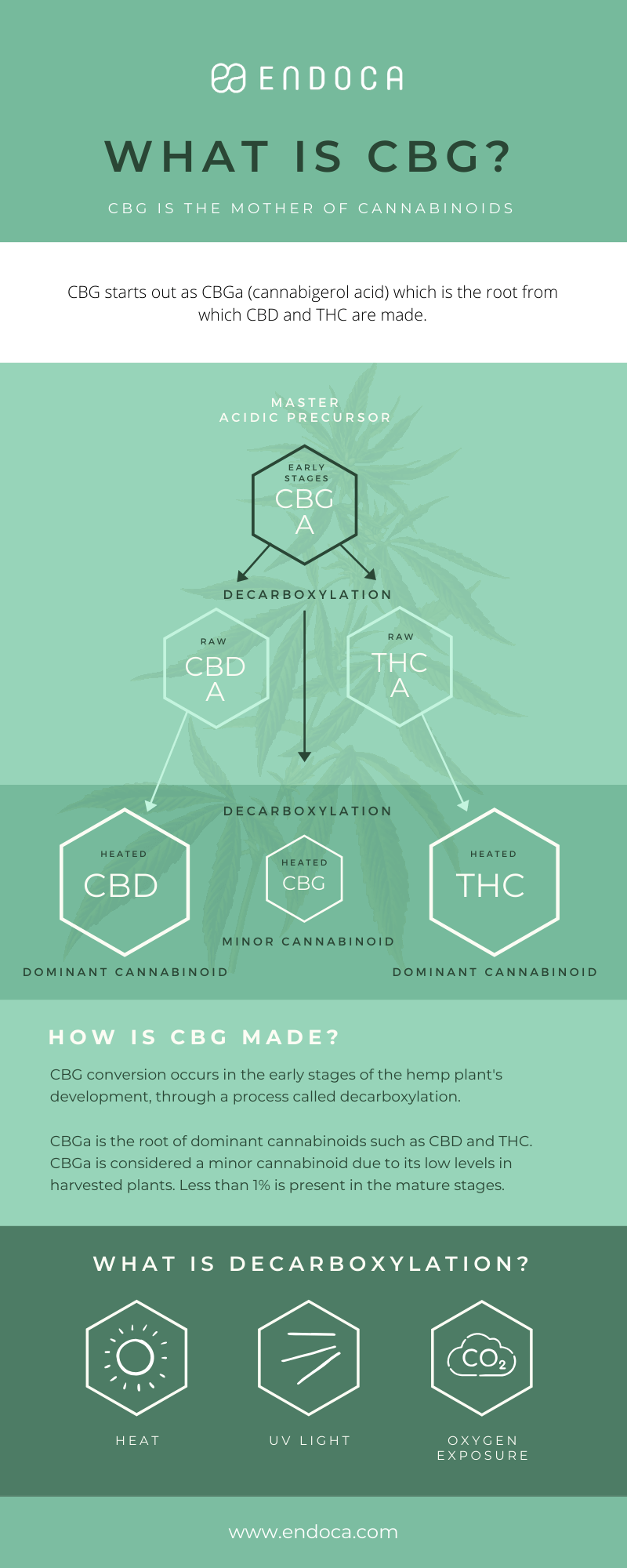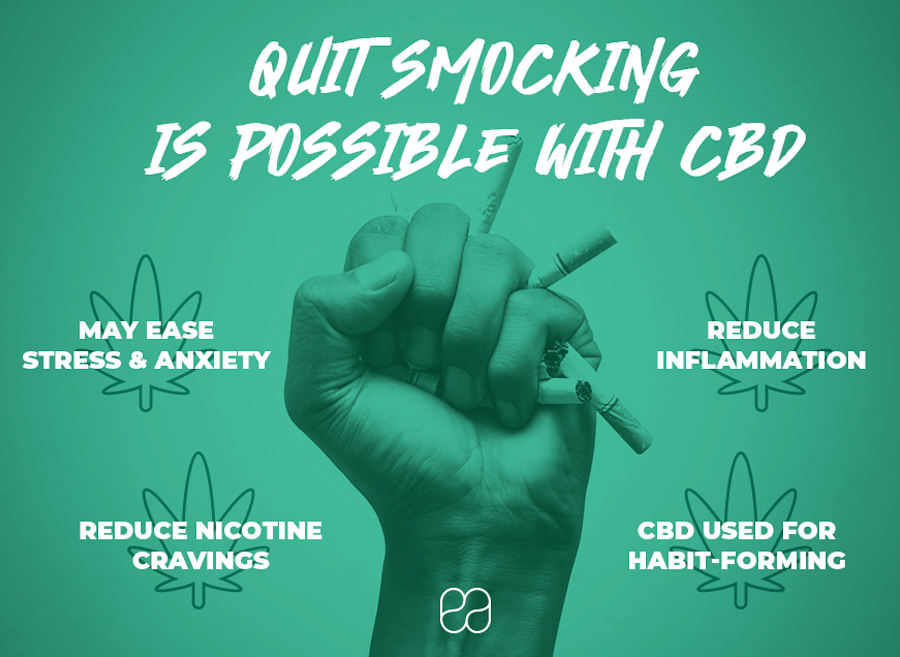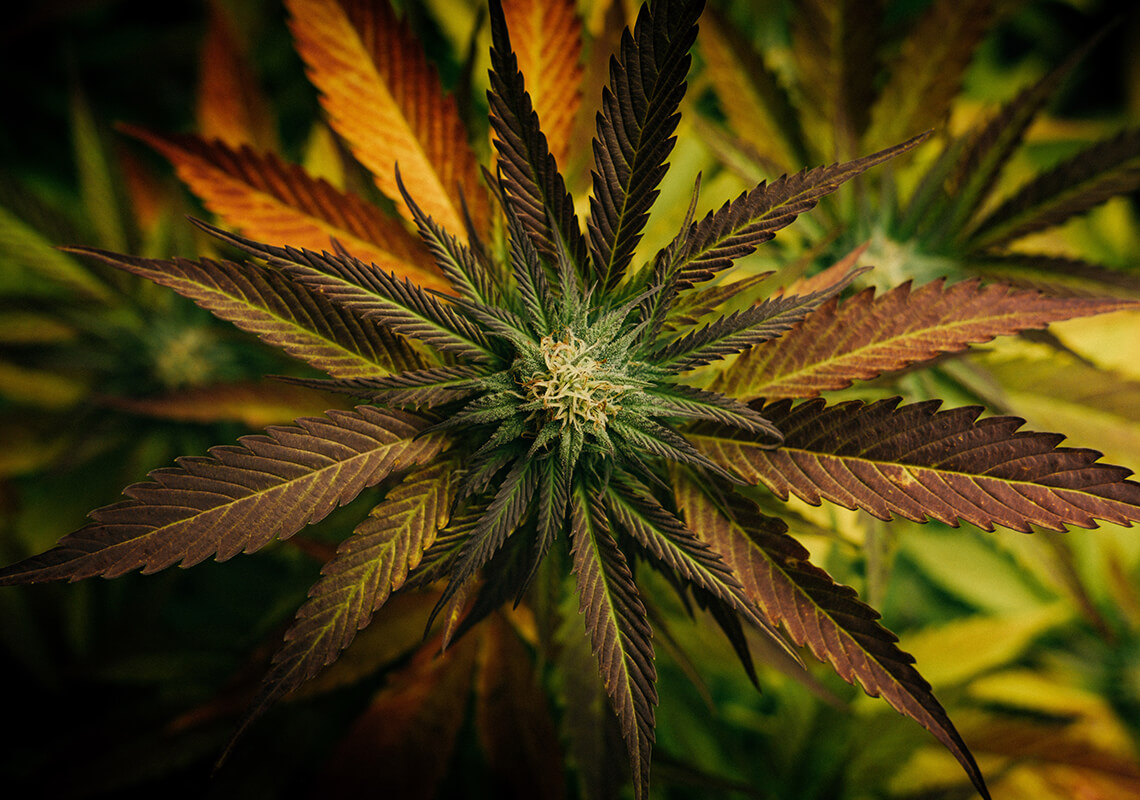Beginner’s 101
CBD vs CBG

CBD vs CBG are they the same? For the past few years, cannabidiol (CBD) has held the title as the most popular cannabinoid on the market. But more recently there is another cannabinoid that is drawing new consumer attention – called cannabigerol (CBG).
Also derived from the hemp plant, CBG is a non-psychoactive minor cannabinoid that is thought to have different effects from CBD.
While CBD and THC (tetrahydrocannabinol) are the two most well-known cannabis cannabinoids, there are in fact over 80 others that all have distinct properties of their own.
In this article we’ll break down the difference between CBD vs CBG, so you can get to know more about this emerging cannabinoid. Read on to discover:
What are cannabinoids?
What is CBG?
What is the difference between CBD vs CBG?
What are the effects of CBG?
But, first of all let’s start with what cannabinoids are.
What are cannabinoids?
Cannabinoids are the building blocks of the hemp plant’s chemical structure, these compounds are distinct to the plant. They interact and stimulate the body’s endocannabinoid system by signaling homeostasis (balance to the body).
Cannabinoids found in plants are called phytocannabinoids, which can be introduced via hemp extracts. The body also produces similar cannabinoids of its own, called endocannabinoids which are created by the endocannabinoid system. This internal system controls major bodily functions, ranging from regulating sleep cycles to immunity.
When cannabinoids are introduced to the body like CBD or CBG, they help to initiate the production of more endocannabinoids, by interacting or stimulating cannabinoid receptors, which can be found in your central nervous system, digestive system, and even your skin.
What is CBG?

During the early stages of the growth cycle, the hemp plant is abundant in acidic cannabinoids. CBGa (cannabigerol acid) is the root from which other cannabinoids are made.
CBG is a minor cannabinoid found in small amounts in the hemp plant. Like all cannabinoids, CBG also starts out as an acidic molecule. CBGa which is the acidic chemical precursor to CBG is the base that creates dominant cannabinoids, such as CBD and THC.
Through a process called decarboxylation (consistent heat), CBGa converts to other cannabinoids – CBDa, THCa, CBG, and CBCa. This occurs in the early stages of the plant’s development and as the plant matures its levels lessen. When the plant is ready to be harvested there is less than 1% of CBG present in the plant, which is why it is classified as a minor cannabinoid.
What is the difference between CBD and CBG
Both CBD and CBG are considered non-psychoactive, therefore they don’t have any high inducing effects.
The difference lies in how they interact with cannabinoid receptors, which initiate different effects in the body. CBD’s ability to stimulate the endocannabinoid system means it doesn’t attach itself to cells. Its low binding affinity to CB2 receptors merely stimulates them to create more endocannabinoids.
Unlike CBD, CBG directly interacts with CB1 and CB2 receptors in the brain, by working to inhibit the psychoactive effects of THC, which also binds to CB1 receptors. Its effects are thought to help combat the intoxicating high effects of THC.
Benefits of CBD and CBG
While the full effects of CBG aren’t yet known, cannabinoids are known to work with the body’s endocannabinoid system, by creating an environment for homeostasis or balance to occur. CBG has shown promise in being used as a therapeutic treatment, however, there still isn’t enough research to prove its effects.
Preliminary rat studies have shown there is scientific potential for CBG to be used. It has been linked to the treatment of a wide variety of conditions, however, there is significantly less research available on the effects of CBG vs CBD or THC, to prove its effects.
Is CBD or CBG better for anxiety?
Anxiety is a common condition many people experience and look to natural remedies to help relieve. CBD has shown to be helpful especially when it comes to more mild forms of anxiety, especially as more research becomes available.
CBG has also shown to have anti-anxiety effects, and also muscle-relaxing reaction. CBG has also been linked to increased levels of dopamine. Dopamine supports anxiety-levels, sleep, and appetite.
Why don’t you hear about CBG
You may be wondering why CBG hasn’t had as much attention as CBD to date. One of the main drawbacks of CBG production is its cost and difficulty of extraction.
As one of the most expensive cannabinoids to produce, CBG is more present in young hemp plants and can be found in very small amounts in mature harvested crops. When the plant matures CBG levels significantly decrease to less than 1%, meaning it requires a larger amount of plant material to extract even a small amount.
In addition, traditional chromatography methods of cannabinoid extraction need to be customized in order to get the most from the plant’s extraction.
What is the future of CBG and other cannabinoids?
As CBG is also non-psychoactive, there is potential for CBG to be just as popular as CBD. Producers are now looking into ways to create new strains of hemp that yield higher amounts of CBG.
Strains specially created for CBG production are being investigated as well as new research into its effects and possible cannabinoid combinations. There are currently brands that sell CBG oil products, and as demand grows this is set to radically increase in the near future.







